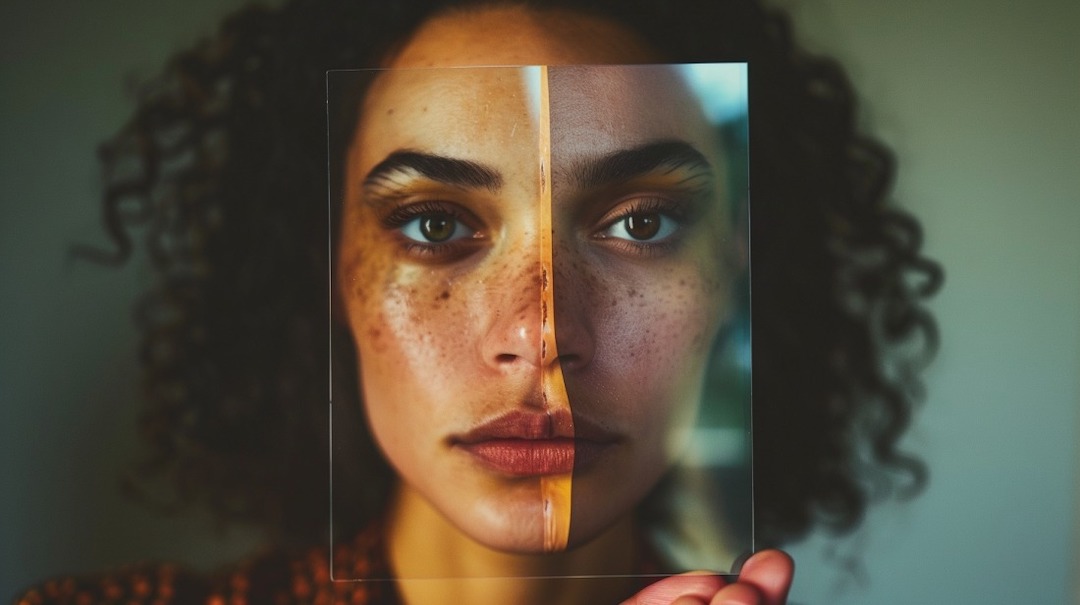Creating Sexually Explicit Deepfakes Now Criminalized In The UK
By Mikelle Leow, 19 Apr 2024

Image generated on AI
The UK has taken significant strides in tackling the misuse of deepfakes, specifically targeting the creation of sexually explicit content without consent. Announced on Tuesday, the new legislation criminalizes this act, even if the perpetrator has no intention of sharing the imagery. This move comes amid growing concerns about the potential for deepfakes to be used for harassment, humiliation, and revenge.
Previously, the UK focused on combating the distribution of non-consensual intimate images, both real and deepfakes. The Online Safety Act, enacted this year, made sharing such content a criminal offense. Under this new law, a 39-year-old man from Essex became the first person in England or Wales to be convicted for “cyber-flashing.”
This latest amendment to the Criminal Justice Bill broadens the scope by holding creators accountable for the production itself.
Those convicted of creating deepfaked porn face a criminal record and an unlimited fine. Sharing the deepfake further elevates the offense, potentially leading to jail time. This dual approach aims to deter both the creation and dissemination of harmful content.
The government views this legislation as crucial in protecting vulnerable groups, particularly women and girls. Deepfakes can be incredibly realistic, causing significant emotional distress and reputational damage to victims. The Minister for Victims and Safeguarding, Laura Farris, emphasizes the law’s role in sending “a crystal clear message that making this material is immoral, often misogynistic, and a crime.”
Advocators have lauded the move. Among them is former Love Island contestant Cally Jane Beech, who shares, “This new offense is a huge step in further strengthening of the laws around deepfakes to better protect women. What I endured went beyond embarrassment or inconvenience. Too many women continue to have their privacy, dignity, and identity compromised by malicious individuals in this way and it has to stop. People who do this need to be held accountable.”
Deborah Joseph, the European editorial director of Glamour magazine, notes that in a survey conducted by the publication, 91% of readers “believe deepfake technology poses a threat to the safety of women.”
Joseph adds: “Glamour welcomes the Ministry of Justice’s plans to table an amendment to the Criminal Justice Bill, which must put the safety of women online at the centre of this conversation… While this is an important first step, there is still a long way to go before women will truly feel safe from this horrendous activity.”
While the legislation is a positive step, challenges remain. Enforcing the law may be difficult, as identifying deepfake creators can be complex. Additionally, concerns exist about stifling legitimate uses of deepfake technology, such as satire or social commentary. Finding a balance between protecting individuals and free expression will be crucial as deepfake technology continues to evolve.





